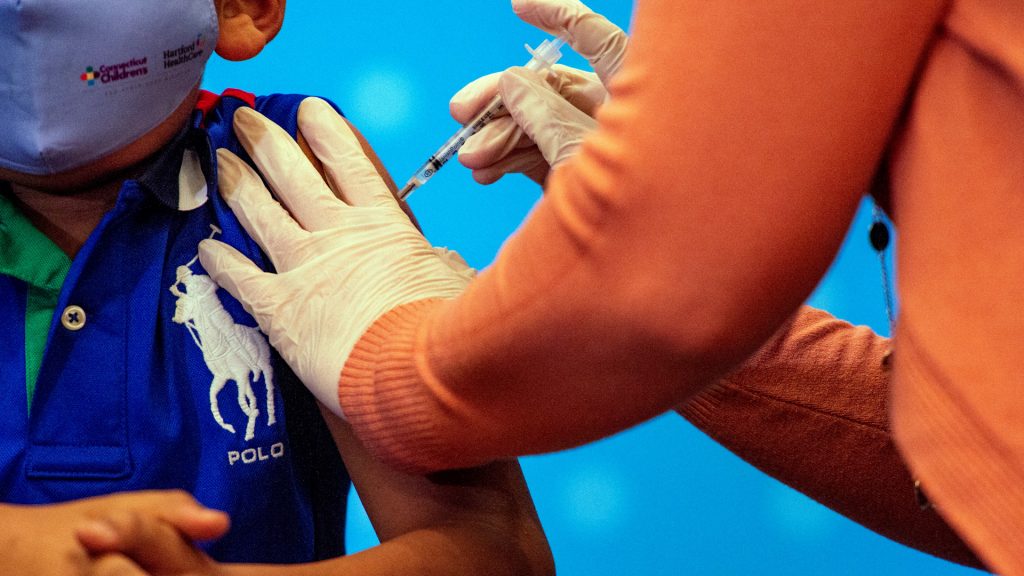CDC’s restructured vaccine panel begins childhood immunization review

The U.S. Department of Health and Human Services (HHS) replaced all 17 members of the CDC’s vaccine advisory panel, part of a broader review of childhood and adolescent immunization practices. HHS Secretary Robert F. Kennedy Jr. ordered the restructuring of the Advisory Committee on Immunization Practices (ACIP) earlier this month.
The newly appointed panel held its first meeting June 25–26 in Atlanta to evaluate vaccine schedules and review immunizations that haven’t undergone full ACIP review in more than seven years.
What vaccines are under review?
Newly named committee Chair Dr. Martin Kulldorff said the panel will examine the cumulative effects of the U.S. childhood immunization schedule. That includes the number of vaccines administered, the timing of doses, potential ingredient exposure and possible interactions between vaccines.
The panel will also review specific shots, including the hepatitis B birth dose and the measles-mumps-rubella (MMR) vaccine. Kulldorff said the group may consider international alternatives, such as the MMR schedule used in Japan. This could be in response to religious or parental concerns.
What groups are involved in the review?
The ACIP has kept several existing work groups focused on influenza, mpox and Chikungunya vaccines. New work groups will now examine the overall childhood and adolescent vaccine schedules.
CDC scientists and ACIP members typically lead these groups, but other federal agencies also participate. For example, Dr. Tracy Beth Hoeg, an FDA representative appointed to the new panel, raised concerns about COVID-19 vaccine data during the June meeting — an unusual move for an ex-officio member.
What are public health experts concerned about?
Major medical groups have questioned the legitimacy and scientific grounding of the restructured panel. According to Reuters, more than half of the new members have previously expressed anti-vaccine views. The American Academy of Pediatrics boycotted the meeting and said it plans to publish its own vaccine schedule.
Critics also flagged procedural changes during the meeting. These included a last-minute agenda shift and a presentation on thimerosal by a former member of an anti-vaccine group.
What did the panel decide on RSV vaccines?
On Thursday, June 26, the restructured CDC vaccine advisory panel voted 5–2 to recommend Merck’s RSV monoclonal antibody, Enflonsia, for use in infants 8 months or younger whose mothers did not receive a preventive RSV vaccine during pregnancy. The panel also unanimously supported adding Enflonsia to the CDC’s Vaccines for Children program, which provides free immunizations to uninsured families.
Enflonsia is the second RSV monoclonal antibody recommended for infants, following the 2023 approval of Beyfortus. Infants are advised to receive only one of the two. Pfizer’s Abrysvo vaccine, administered during weeks 32 to 36 of pregnancy, remains available as a prenatal option to protect newborns during RSV season, typically from September through January.
RSV is a leading cause of infant hospitalizations in the U.S. It sends about 58,000 children under age 5 to the hospital each year.





